Behind every great television show is a greater woman, including Paige Simpson. As the Vice President of Television at a production company, 21 Laps Entertainment, Paige Simpson has worked from the ground up to build a name for herself and pave the way for those to come. Having earned a degree in Biology and intending to go to medical school prior to switching gears into Entertainment, Paige has had quite a unique journey. She’s one of the very few Black women executives in television and is behind hits like Stranger Things, Night at the Museum and Arrival.
For the last decade, Paige has been a creative visionary, contributing to notable, binge-able content, and she’s dedicated to creating space for more diverse content on TV. Paige previously led television at Will Packer Media and Scrap Paper Pictures, and was an integral part of shows like Ambitions for OWN, Bigger for BET+, and Yearly Departed for Amazon Prime. Paige chatted with Kaitlyn Rose about how she’s leaving her mark on TV screens worldwide, the importance of collaboration, and more. Check out the exclusive interview below!
Tell us a little bit about your journey from pursuing medicine to working in film and entertainment! How did you get to where you are today?
I always said that I wanted to be an Emergency Room Surgeon, so I majored in Biology Pre-Med. In my Junior year, I started shadowing female physicians of color in the emergency room and I had to tell parents, or loved ones, that their loved ones had passed away. And I realized that that wasn’t something I wanted to do for the rest of my life. I wanted to do things that made me happy. So, I thought back to when I was a child actor when I did ‘Hangin’ with Mr. Cooper’ and ‘Full House,’ and figured I could act for a little bit. But being an adult actor was not as fun as being a child actor. So, I decided to go into casting. I started working for Viola Davis, and then from my role with Viola, I went to work at Showtime in Original Programming as an Executive Assistant to Amy Israel who was the Senior Vice President at the time.
And after being there for about two years, I [became] the Manager of Development for TV, and worked on ‘Ambitions’ for Own and ‘Bigger’ for BET+. Then, I went to be the Head of Development at Scrap Paper Pictures where we had a first-look deal with Amazon, and we produced ‘Yearly Departed.’ I worked for Tracy ‘Twinkie’ Byrd and Michelle Adams, and we also casted ‘Being Mary Jane’ and ‘Fruitvale Station.’ When I worked on Fruitvale Station, I got a chance to meet Nina Yang Bongiovi, Forest Whitaker, Michael B. Jordan, Ryan Coogler, and I realized that I wanted to develop and be a part of a project from the ground up. Then, I left Scrap Paper Pictures for the current role that I’m in now, which is the Vice President of TV at 21 Laps Entertainment!
What has been one of the most memorable moments that you’ve had over the years?
Putting together ‘Yearly Departed’ during Covid was stressful and exciting, and also something that hadn’t been done before. Working with a strong team to really figure out how to produce the best comedy possible, but also make sure that everyone was feeling safe and being respectful of what was happening in our world, was really fun. It was also creatively fulfilling because we were able to work with all female writers, a female director, and all of our comedians were women, and the majority of them were women of color. And I think the most memorable moment on that set was Christina Aguilera coming in and singing. I grew up on Christina Aguilera, so it was just a really fun moment to see her as an adult and be an executive producer on a show that she was coming to work on.
In a nutshell, what does your role entail?
I’m responsible for finding projects that are aligned with 21 Laps’ mission statement and also accessible, tangible, and global for the Netflix platform. At 21 Laps, we have an overall deal on our TV side with Netflix, which means that all of our TV projects go to Netflix. So, I hear pitches and have a lot of meetings with Creative Producers, Writers, and Directors to build the best projects that I think people will watch globally, and then I present the idea to Netflix with the hopes of selling and producing it. After you’ve got the green light, you begin to talk to Business Affairs about the budget of the project.
As a leader in the industry, can you tell us about the impact you have on diversity in television?
My goal as a producer is to always make sure that people feel heard, respected, and appreciated because that’s how I want to be made to feel. But, also, I think that there’s a strong notion, especially in the black community and in other communities of color, where you can’t believe it until you see it. And you can’t achieve it until you see it. So, I have been blessed to be in rooms (I say it’s a blessing but sometimes it feels like a curse) to be the only person of color or the only black woman where I can give my own personal opinion. I love that I can sit in a room and let people know that we are not a monolith, and that I do not speak for every person in my community but I speak for myself and my upbringing.
How do you identify great show concepts?
You really just have to trust your gut and your instincts. But, also, I’m never the smartest person in the room. So, I think it goes back to the creative collaboration of reading something, really liking it, and being able to articulate why you like it and why you feel like other people will. Also being able to see where you can add or subtract from the idea in order to make it more successful. Those are really important. For me, I lean towards characters and deep character relationships. So, I will follow a plot if I really relate to or believe in the character. And if I don’t see myself in the character, humanity and common relatability are what I look for in a project. One of my favorite shows is ‘Dexter.’ I don’t want Dexter to kill people, but I understand why he’s killing people. He’s a serial killer who kills other serial killers. He saves people from serial killers. We understood his tortured past, we saw him as a human, and we can understand what it would take for someone who is as tortured as him to have to do something like this, in order to feel like he’s a hero.
What’s one of the biggest contributors to your success in your career?
I think what’s great is that I’ve been in positions where I have felt empowered by people who have power. That’s the biggest thing that’s really helped me in my career. People didn’t only open doors, but they ushered me in and vouched for me to other people. And I think having those advocates are vital to anybody’s success. And specifically women of color; we need people who are advocating for us at every turn and every room. And I’ve just been really lucky to have that.
What advice would you give to aspiring individuals who want to work in Film & Television?
I definitely think you need good mentors. It’s not who you know, it’s who knows you. And you need people who you can trust, who trust you. So, represent yourself to the best of your ability, find those really strong advocates, reach out, humble yourself, and ask people for help. No matter what our title is, we don’t know everything, so showing that you’re a team player really makes a difference.
That’s great advice. How do you juggle both your career and your personal life? What’s something you like to do for self care?
It is really difficult to balance both. Usually, something is getting sacrificed. Everything is about a little bit of balance and a lot of sacrifices. It’s a never-ending task to figure out how to balance. And as women, I think we just keep moving forward. And I love therapy. I’m also trying to figure out how to do a monthly spa day. Just trying to decide what day!
Do you have any upcoming projects that you can share with us?
There’s one that we’re developing and really excited about called ‘Yasuke,’ who is the first non-Japanese samurai and he happens to be African. I’m working with Nina Yang and Forest Whitaker on the project, and Nick Jones Jr. is writing it for us. So, we’re really excited to move that forward! I think it’ll be really cool to see a Black man and a Japanese man come together and have a friendship…It could really do the community in our world well.
This interview has been edited and condensed for clarity.

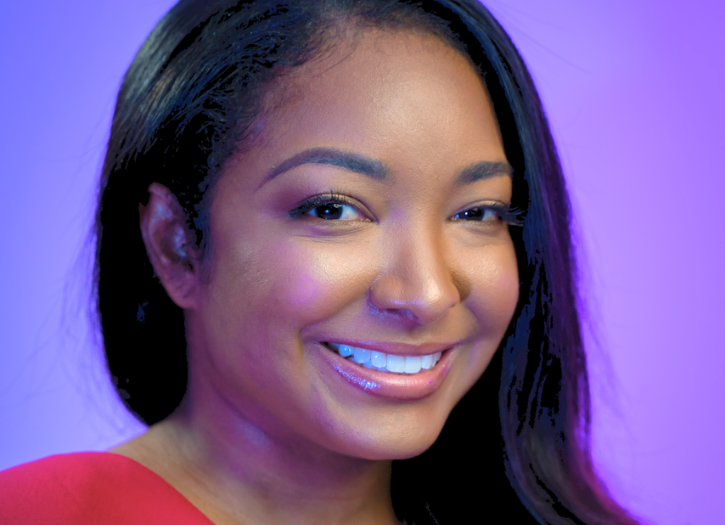
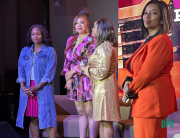


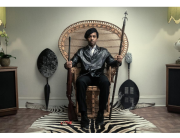
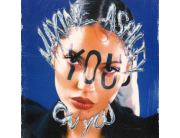

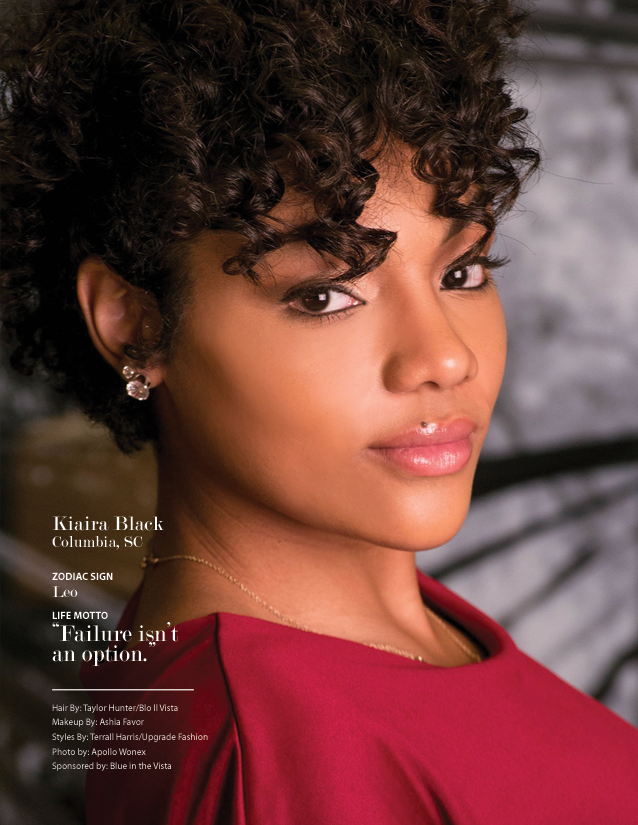
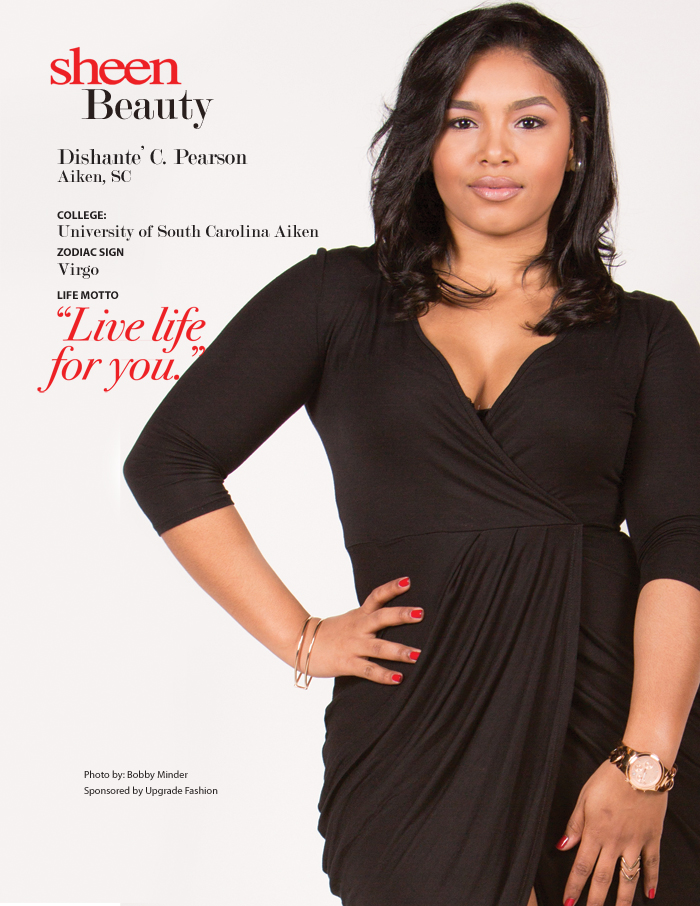

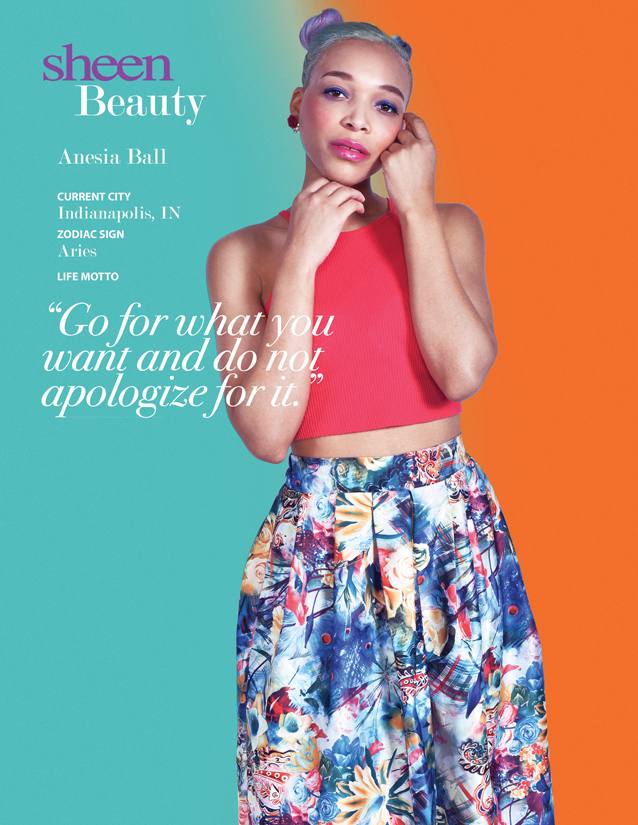
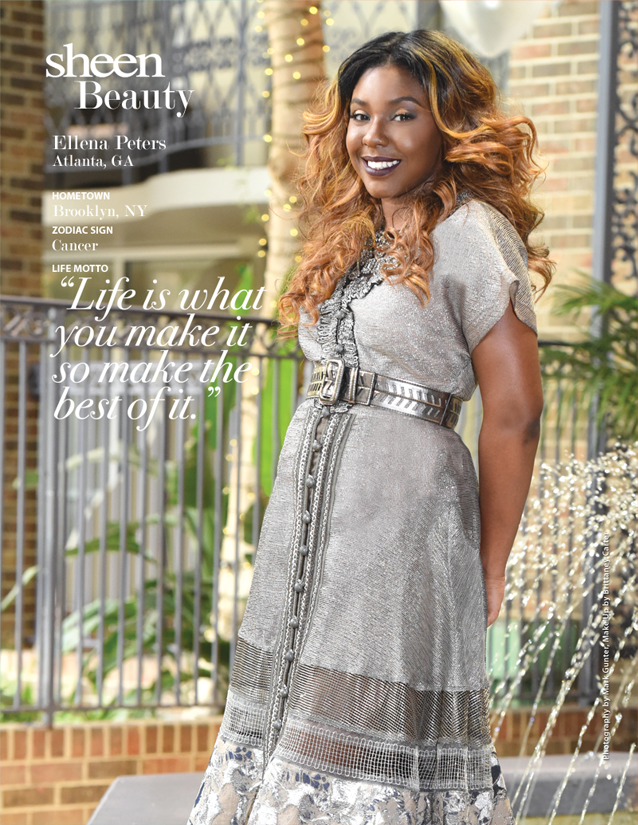

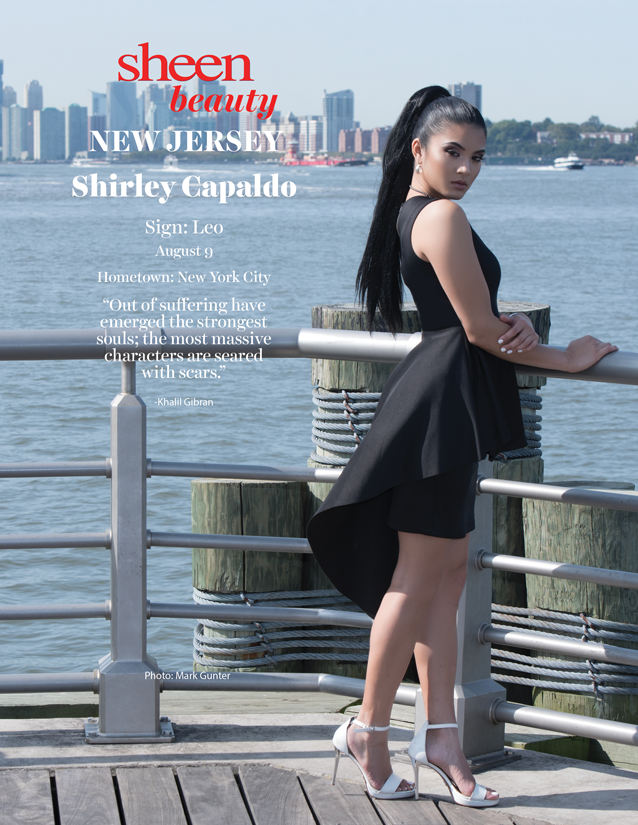

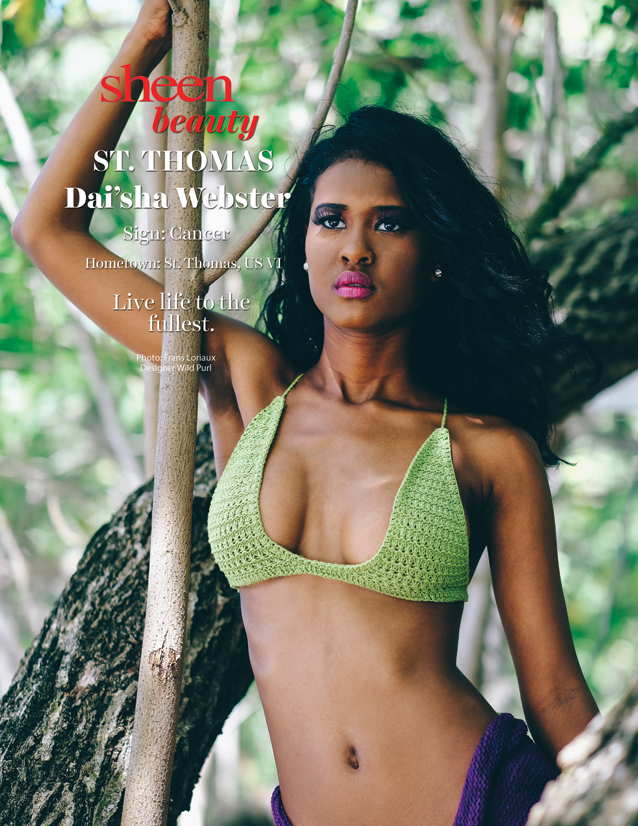
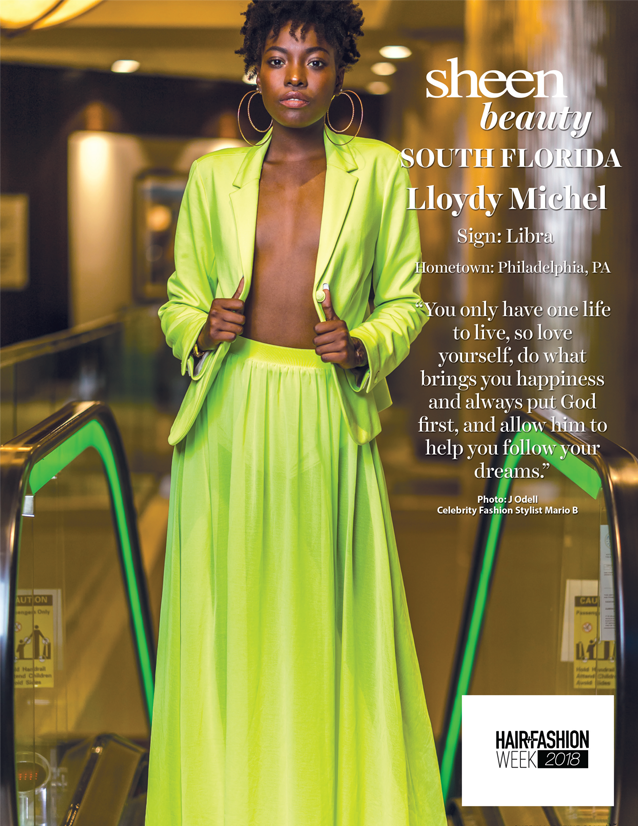
Add Comment